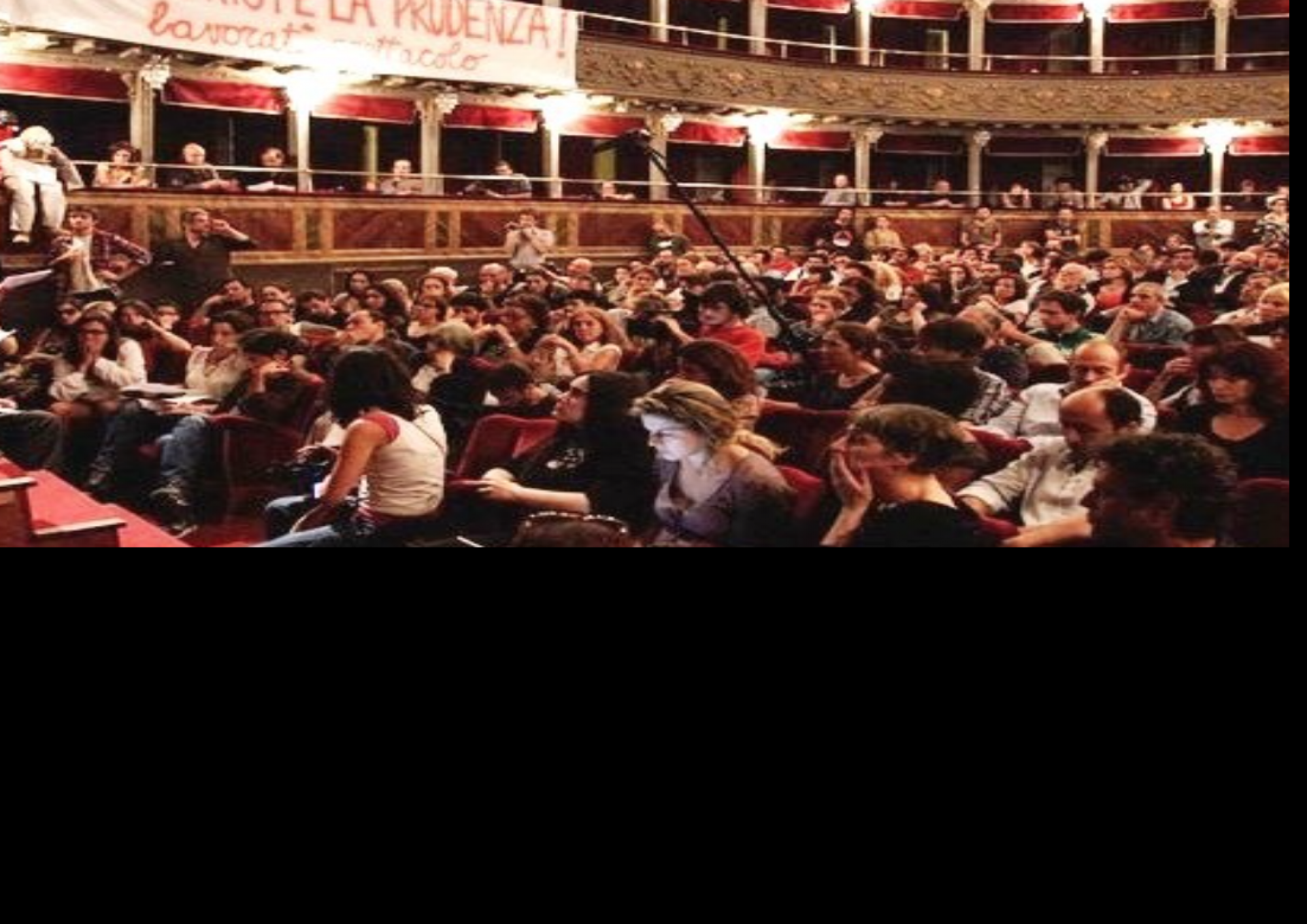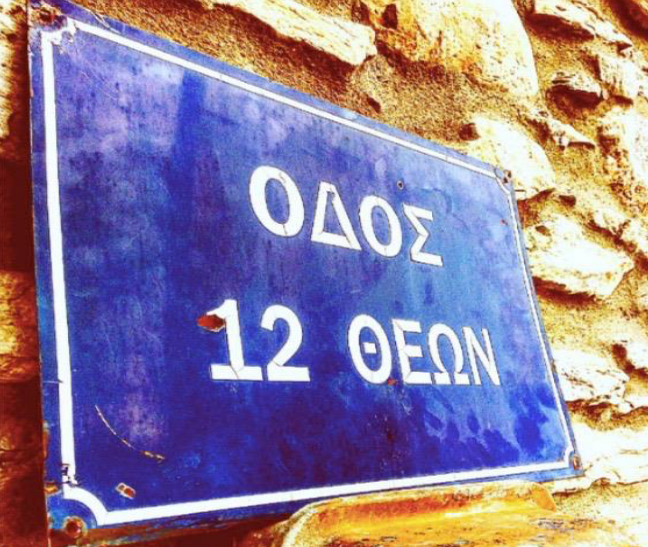Report 5. Case Studies in Greece, authored by Aimilia Voulvouli, reports on the case studies that Aimilia conducted in Greece in the context of the Heteropolitics research project, namely the wireless community network Sarantaporo.gr and the Cooperative Ecosystem of Karditsa.
The Greek case studies, namely the wireless community network Sarantaporo.gr and the Cooperative Ecosystem of Karditsa (CEK) afford us the possibility to challenge our own subjectivity in regard to our conceptions of the political, a criterion that was taken seriously into consideration when choosing to locate our fieldwork. The nature of each case is closely intertwined with recent developments in global political economy and the growing need for digital literacy and communication. Hence, the ethnographic case studies were selected a) as responses to wider political developments; b) as part of a larger universe of similar responses and not just as isolated case studies; c) as successful attempts at overcoming structural hindrances and even at benefiting from the ‘queereness’ of the capitalist state; and d) as cases of commoning outside of the mainstream political apparatus, which construct alternatives to bureaucratic structures of state administration and to profit-driven market forces, contributing to social innovation, openness, social justice, collective political empowerment.
In this vein, I have tried to situate my study in the framework of the Greek anthropological literature that examines the field between the state and the household as a locus where the political is being produced (Rozakou, Gkara & Yiannitsiotis 2013) away from and in relation to the state (Campbell 1964, Papataxiarchis 1990, Allen 1993, Astrinaki 2002, Tsantiropoulos 2004, Rozakou 2007, Herzfeld 2012). At the same time, I have tried to expand the notion of the political as a field of antagonism and a field of patronage (Campbell 1964, Sotiropoulos 2013, Papataxiarchis & Lyrintzis 2013; see also Dertilis 1977, Mouzelis 1978, Mavrogordatos 1978, Komninou 1981, Nikolakopoulos 1985) by including the agonistic features of the groups I have studied which are inherent in their structures and by excluding the patronage relations, which in my case-studies are replaced by public deliberation, ‘humble leadership’ and transparency.

